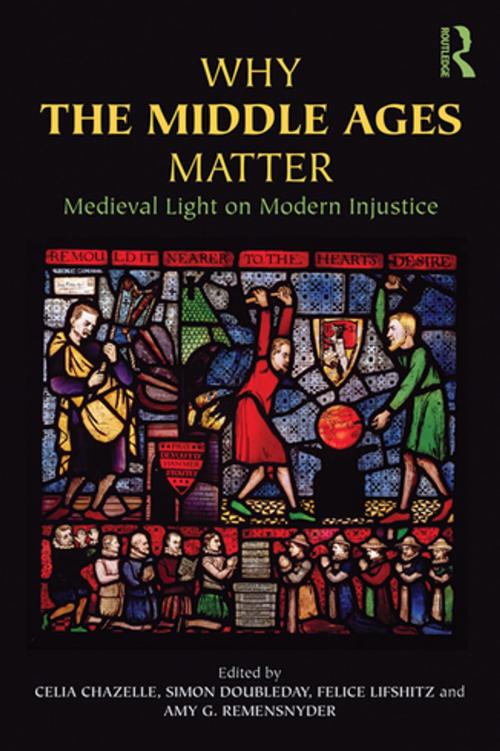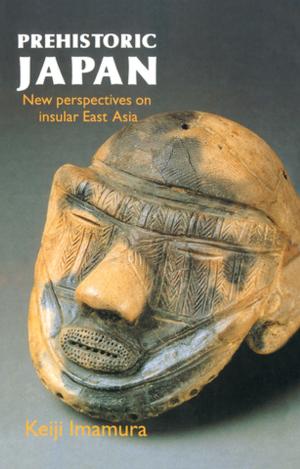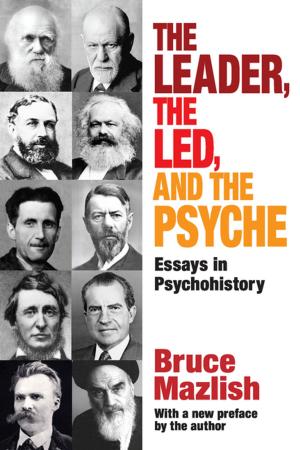| Author: | ISBN: | 9781136636479 | |
| Publisher: | Taylor and Francis | Publication: | February 20, 2012 |
| Imprint: | Routledge | Language: | English |
| Author: | |
| ISBN: | 9781136636479 |
| Publisher: | Taylor and Francis |
| Publication: | February 20, 2012 |
| Imprint: | Routledge |
| Language: | English |
The word "medieval" is often used in a negative way when talking about contemporary issues. Why the Middle Ages Matter refreshes our thinking about this historical era, and our own, by looking at some pressing concerns from today’s world, asking how these issues were really handled in the medieval period, and showing why the past matters now. The contributors here cover topics such as torture, marriage, sexuality, imprisonment, refugees, poverty, work, the status of women, disability, race, political leadership and end of life care. They focus on a variety of regions, from North Africa and the Middle East, through Western and Central Europe, to the British Isles.
This collection challenges many negative stereotypes of medieval people, revealing a world from which, for instance, much could be learned about looking after the spiritual needs of the dying, and about integrating prisoners into the wider community through an emphasis on reconciliation between victim and criminal. It represents a new level of engagement with issues of social justice by medievalists and provides a highly engaging way into studying the middle ages. All the essays are written so as to be accessible to students, and each is accompanied by a list of further readings.
The word "medieval" is often used in a negative way when talking about contemporary issues. Why the Middle Ages Matter refreshes our thinking about this historical era, and our own, by looking at some pressing concerns from today’s world, asking how these issues were really handled in the medieval period, and showing why the past matters now. The contributors here cover topics such as torture, marriage, sexuality, imprisonment, refugees, poverty, work, the status of women, disability, race, political leadership and end of life care. They focus on a variety of regions, from North Africa and the Middle East, through Western and Central Europe, to the British Isles.
This collection challenges many negative stereotypes of medieval people, revealing a world from which, for instance, much could be learned about looking after the spiritual needs of the dying, and about integrating prisoners into the wider community through an emphasis on reconciliation between victim and criminal. It represents a new level of engagement with issues of social justice by medievalists and provides a highly engaging way into studying the middle ages. All the essays are written so as to be accessible to students, and each is accompanied by a list of further readings.















